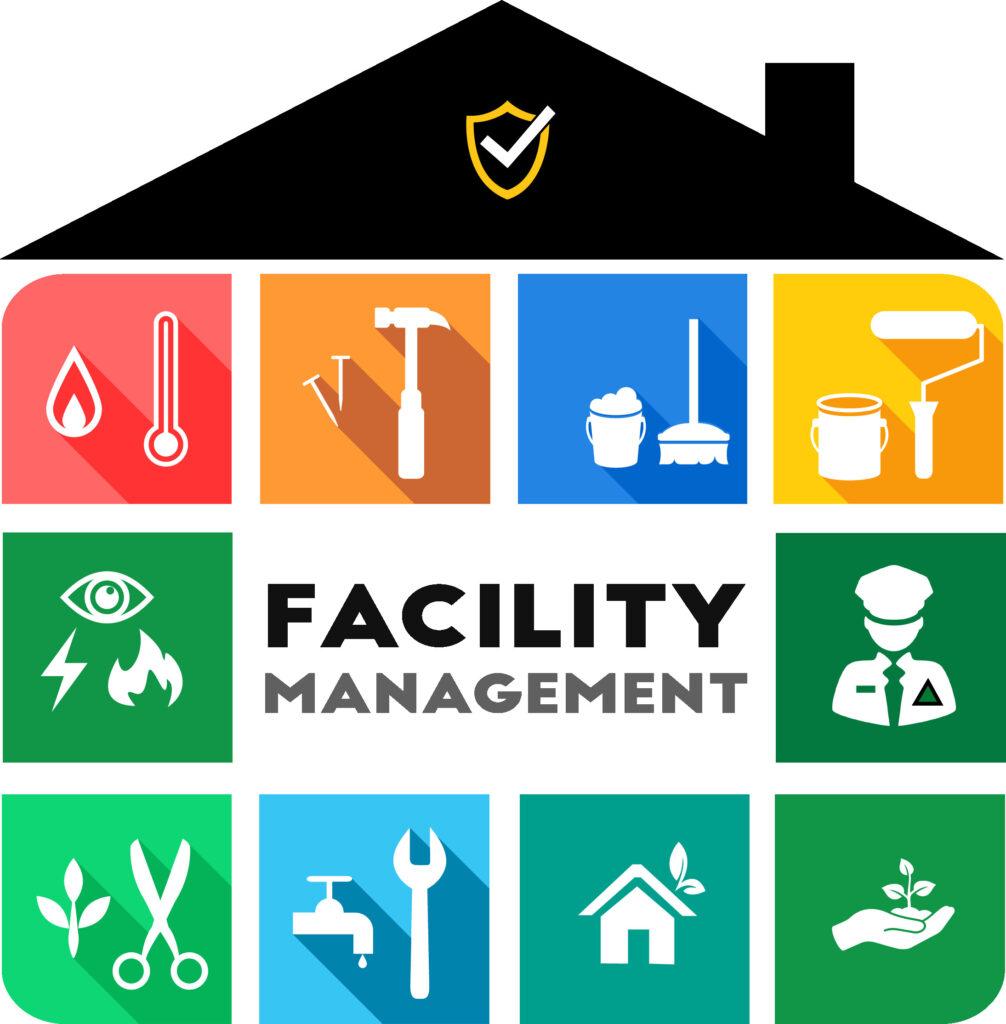Facility Management Services Market Insights: Understanding Consumer Needs and Expectations

As the facility management services market continues to evolve, understanding consumer needs and expectations is vital for organizations aiming to enhance service delivery and operational efficiency. The shift in workplace dynamics, technological advancements, and heightened focus on sustainability have transformed how consumers perceive and interact with facility management services.
1. Shifting Workplace Dynamics
1.1. The Rise of Hybrid Work Models
The COVID-19 pandemic has accelerated the adoption of hybrid work models, leading to changing expectations around facility management. Employees now seek flexible work environments that support both in-office and remote work. Key consumer needs include:
- Adaptable Spaces: Facilities must offer versatile layouts that can easily transition between collaborative and individual work setups.
- Technology Integration: Robust technological infrastructure, including video conferencing tools and secure Wi-Fi, is essential for seamless collaboration, whether in the office or at home.
1.2. Emphasis on Employee Well-Being
Organizations increasingly recognize the importance of employee well-being in driving productivity and satisfaction. Consumers expect facility management services to prioritize health and comfort through:
- Air Quality and Ventilation: Enhanced air filtration systems and proper ventilation are critical in maintaining a healthy work environment.
- Access to Amenities: Facilities should provide wellness amenities, such as fitness centers, quiet spaces, and outdoor areas, to support mental and physical health.
2. Technological Expectations
2.1. Demand for Smart Solutions
Consumers are increasingly looking for technology-driven solutions that enhance efficiency and convenience in facility management. Key expectations include:
- Real-Time Data and Analytics: Access to data analytics enables facility managers to make informed decisions regarding maintenance, energy consumption, and space utilization.
- Mobile Applications: Consumers expect user-friendly mobile platforms that facilitate service requests, communication, and feedback, enhancing the overall user experience.
2.2. Automation and Efficiency
Automation is becoming a key expectation in facility management. Consumers want streamlined processes that reduce manual intervention, including:
- Automated Maintenance Scheduling: Predictive maintenance systems that alert managers to potential issues before they escalate can significantly improve operational efficiency.
- Smart Building Technologies: Integration of IoT devices to monitor energy use and environmental conditions can enhance resource management and sustainability efforts.
3. Sustainability Focus
3.1. Environmental Responsibility
As awareness of environmental issues grows, consumers increasingly expect facility management services to incorporate sustainable practices. Key consumer needs include:
- Energy Efficiency Initiatives: Implementing energy-saving technologies and practices is essential for organizations aiming to reduce their carbon footprint.
- Sustainable Materials and Practices: Consumers look for facility managers who prioritize eco-friendly materials in construction and maintenance, supporting broader corporate sustainability goals.
3.2. Transparency and Reporting
Consumers are seeking transparency in sustainability efforts. Facility management services that provide clear reporting on energy consumption, waste management, and overall environmental impact are more likely to build trust and credibility with their clients.
4. Service Quality and Responsiveness
4.1. High Standards of Service Delivery
Consumers expect high levels of service quality from facility management providers. This includes:
- Timely Response to Issues: Quick resolution of maintenance requests and concerns is crucial for maintaining a positive workplace experience.
- Professionalism and Expertise: Facility managers should demonstrate expertise and professionalism in their interactions with employees and clients.
4.2. Personalized Solutions
As organizations seek to differentiate themselves, consumers increasingly expect personalized facility management solutions that cater to their specific needs. Key expectations include:
- Tailored Services: Facility management providers should offer customized service packages that align with the unique requirements of each organization.
- Continuous Improvement: Regularly soliciting feedback and making adjustments to services based on client needs is essential for fostering long-term relationships.
- Art
- Causes
- Crafts
- Dance
- Drinks
- Film
- Fitness
- Food
- Giochi
- Gardening
- Health
- Home
- Literature
- Music
- Networking
- Altre informazioni
- Party
- Religion
- Shopping
- Sports
- Theater
- Wellness


